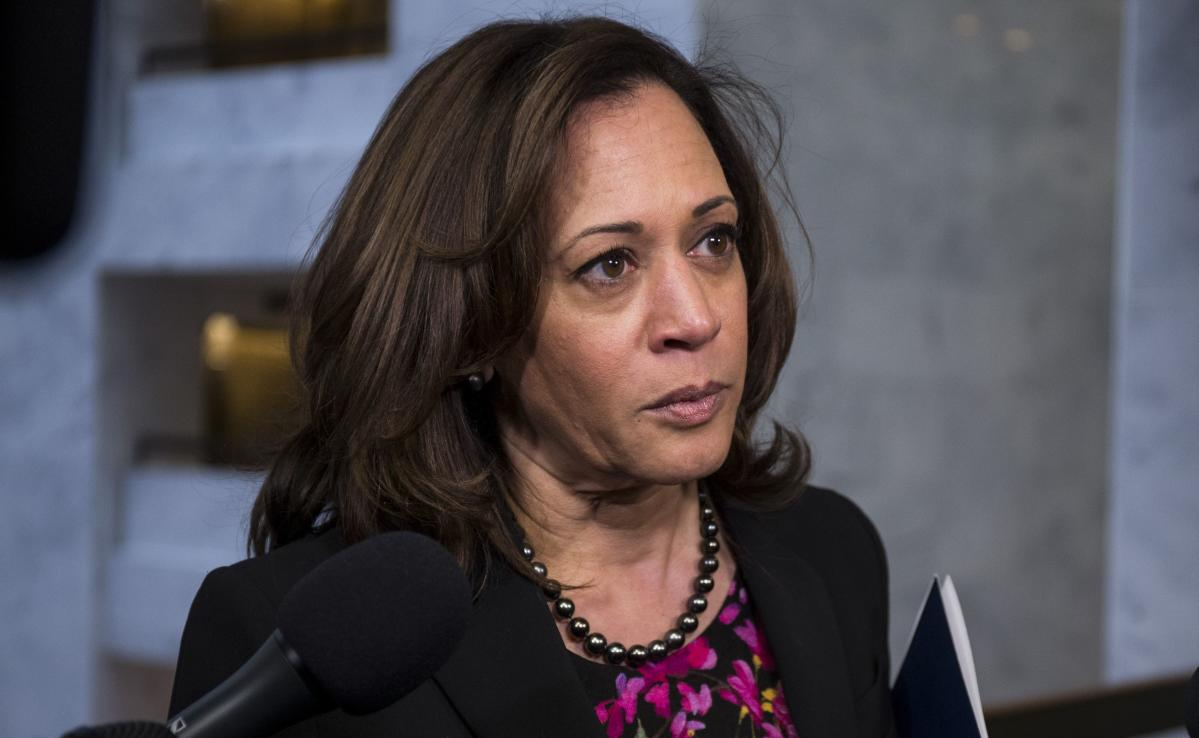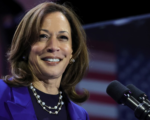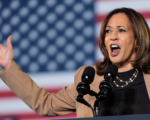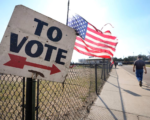Kamala Harris’ recent loss in Michigan, where she trailed Donald Trump by over 80,000 votes, underscores challenges facing the Democratic Party as it seeks to connect with key voter groups. Despite Michigan’s status as a traditionally Democratic state, shifts in support from union workers, Black voters, and significant portions of the Arab American and Muslim communities contributed to the outcome. With only three months to campaign following Joe Biden’s withdrawal from the race, Harris faced a complex landscape marked by economic concerns and frustrations over national party strategy.
Michigan’s economic climate was a central issue, with voters deeply concerned about rising costs for food and housing. Although Democratic strategist Ameshia Cross noted Harris’ efforts in Michigan, including 11 visits and a large ground presence, she emphasized the importance of localized campaign efforts. Cross criticized the “consulting class” within the Democratic Party for relying too much on polls and projections over on-the-ground feedback, noting that Michigan needed even more direct engagement to address pressing voter concerns.
The Arab American and Muslim communities, influential in Michigan and especially in cities like Dearborn, became crucial battlegrounds. Traditionally Democratic, these groups shifted substantially this election, with many voters supporting Trump and third-party candidate Jill Stein. Harris faced criticism for insufficient outreach; Trump’s campaign targeted these communities with messages framing him as a “president of peace,” while associating Harris with unpopular U.S. foreign policies. Notably, Harris did not visit Dearborn directly, though she met with the city’s Mayor Abdullah Hammoud, who ultimately withheld his endorsement.
The broader Muslim community’s discontent was evident in Michigan and other states, as reported by the Council on American-Islamic Relations. An exit poll of verified Muslim voters indicated Stein received 53% of the vote, with Trump and Harris trailing at 21% and 20%, respectively. Harris’ affiliation with former Representative Liz Cheney in town hall events, given Cheney’s family’s involvement in Middle East conflicts, also alienated some voters, especially in light of local tensions surrounding U.S. support for Israel.
In Detroit, a city with a large Black population, voter turnout declined from the 2020 election despite recent state laws expanding early and absentee voting. Detroit canvasser and auto worker Hazen Turner noted that high costs and economic pressures made it difficult for many young Black voters to see meaningful benefits from the current political system. Former Michigan House representative Sherry Gay-Dagnogo highlighted frustration within Detroit’s Democratic organizers, sharing that she struggled to secure basic campaign materials like yard signs while Trump’s campaign flooded the city with outreach.
The campaign’s approach also alienated Michigan’s significant population of non-college-educated voters, who make up 62% of the electorate. Many union members, including United Auto Workers (UAW) members, expressed disillusionment, even as the Democratic administration had supported their recent strike. Isaiah Goddard, a white UAW member, met Trump during a visit to a non-union facility and shared his support, stating that he trusts Trump’s stance on job security and immigration.
The Democratic Party faces a challenging path forward, with lessons from Michigan suggesting that economic messaging, strong local engagement, and careful consideration of foreign policy concerns among key voter groups will be essential for future campaigns.


















